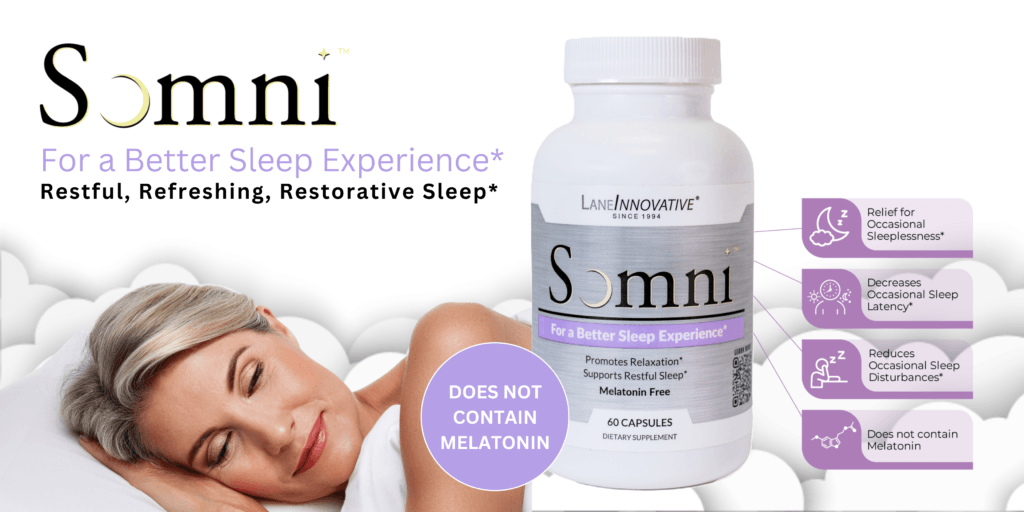Sleep
Melatonin vs Magnesium Bisglycinate: Risky Shortcut vs Restorative Sleep?
Melatonin vs Magnesium, when it comes to better sleep, this is one of the most common debates today. Both are available over the counter, often positioned as natural solutions for those struggling with occasional sleeplessness. But while melatonin may seem like a quick fix, magnesium bisglycinate is gaining attention as a more sustainable and supportive option. So which one offers truly restorative sleep—and which might just be a risky shortcut?
Let’s explore the differences between melatonin and magnesium bisglycinate, how they work in the body, and which may be a better choice for lasting rest.

Melatonin vs Magnesium: What’s the Difference?
The conversation around Melatonin vs Magnesium starts with understanding what each supplement does.
Melatonin is a hormone your body naturally produces in response to darkness. It helps regulate your sleep-wake cycle, signaling when it’s time to wind down. Supplemental melatonin is often used to help with occasional jet lag or shift-related schedule changes, but more people are now turning to it as a nightly sleep aid.
Magnesium bisglycinate, on the other hand, is a highly absorbable form of the essential mineral magnesium, bound to the amino acid glycine. Magnesium plays a role in over 300 enzymatic processes in the body—including those involved in muscle relaxation, nervous system balance, and even melatonin production itself. Glycine, meanwhile, has calming properties of its own, promoting relaxation and lowering core body temperature, which can support sleep onset.
Melatonin vs Magnesium: Short-Term Gain or Long-Term Benefit?
One of the key concerns in the melatonin vs magnesium debate is whether these supplements provide short-term fixes or long-term benefits.
Melatonin supplements can help signal sleep in the short run. However, many experts caution that regular use might disrupt the body’s natural melatonin cycle. In fact, higher doses (especially those above 3 mg) may leave some people groggy the next morning or affect vivid dreaming. And since melatonin is a hormone, it’s not always ideal for long-term, nightly use without guidance.
Magnesium bisglycinate, by contrast, works by addressing some of the root contributors to poor sleep—such as elevated stress, muscle tension, or restlessness. It doesn’t force sleep; instead, it helps calm the body so that sleep comes more naturally. This makes it more suitable for regular use as part of a broader wellness routine.
Lifestyle Tips to Support Better Sleep
Whether you choose melatonin or magnesium, your sleep quality will benefit most when supported by healthy habits. Here are simple strategies to enhance your results:
- Stick to a schedule – Go to bed and wake up at the same time each day.
- Reduce screen time before bed – Blue light from phones and tablets can suppress natural melatonin production.
- Create a calming routine – Gentle stretching, a warm bath, or reading can help signal bedtime.
- Avoid caffeine and heavy meals late in the day – These can interfere with your ability to fall asleep.
- Get daylight exposure – Natural light helps regulate your circadian rhythm.
Including magnesium-rich foods in your diet (like leafy greens, almonds, and pumpkin seeds) can also help boost your intake naturally.
What the Research Says
Studies offer some helpful insights into this melatonin vs magnesium discussion:
- A 2017 review published in Nutrients concluded that magnesium supplementation can improve sleep efficiency and support relaxation, especially in older adults. (https://www.ncbi.nlm.nih.gov/pmc/articles/PMC5452159/)
- The Sleep Foundation notes that melatonin may be most effective for shifting the sleep cycle (such as for jet lag), but not as reliable for general insomnia or poor sleep patterns. (https://www.sleepfoundation.org/melatonin)
Final Verdict: Which One Should You Choose?
So, melatonin vs magnesium—what’s the better choice?
If you’re looking for a quick way to adjust your sleep schedule after travel or night shifts, melatonin may offer short-term help. But if you’re aiming for deeper, more restorative sleep and less tossing and turning, magnesium bisglycinate may be the better long-term strategy.
The bottom line: Magnesium Bisglycinate supports your body’s own sleep rhythms, helps reduce stress, and doesn’t come with the hormonal concerns of melatonin. For many, it’s not just the safer option—it’s the smarter one.
As always, talk with your healthcare provider before starting any new supplement, and remember: No pill or powder replaces the power of consistent sleep hygiene, balanced nutrition, and stress management.
References:
- National Institutes of Health – Magnesium and Sleep:
https://www.ncbi.nlm.nih.gov/pmc/articles/PMC5452159/ - Sleep Foundation – Melatonin Overview:
https://www.sleepfoundation.org/melatonin
Like? Share with Your Friends!

